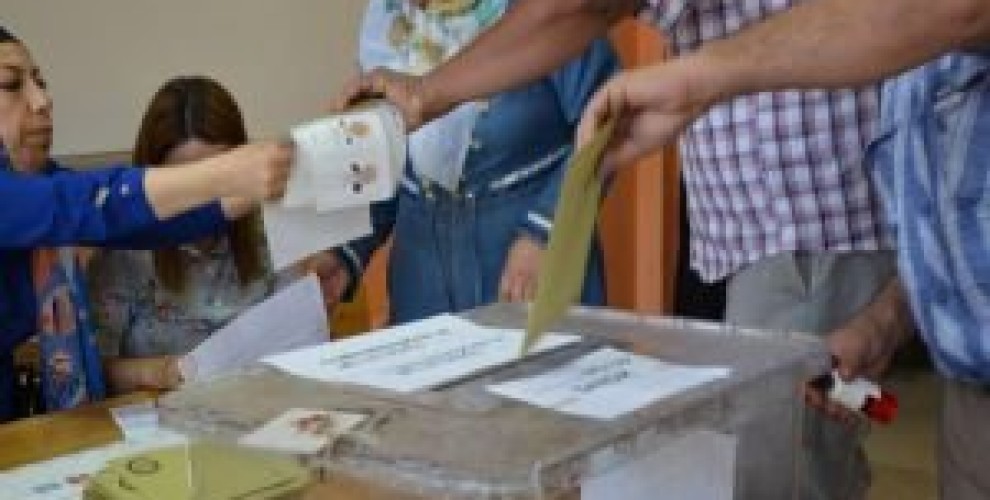International observers relate problems during elections
Journalist Apple said is urgent to talk about Turkey and democracy
Journalist Apple said is urgent to talk about Turkey and democracy

Statements, articles and reports are being published by international journalists and observers who went to Turkey for the 24 elections.
They all have one thing in common: observers were detained, harassed, denied permission to enter polling stations.
Emily Apple writes of her ordeal in The Canary.
Se begins by saying that "we need to talk about the Turkish elections. Urgently. Because President Recep Tayyip Erdoğan may have won the presidential vote. But he didn’t win it fairly, and Turkey cannot call itself a democracy."
She then relates her experience: "I spent the day of the Turkish elections on the ground in Sur, the ancient ‘old city’ of Diyarbakır/Amed that suffered huge devastation in military assaults by the Turkish state between 2015 and 2016. Many people were killed in clashes between Turkish forces and the local Kurdish population. Before the conflict, 120,000 lived in the area. 30,000 were forced to flee, and the majority of these people have not been able to return to their homes."
She was accompanied by lawyers and an interpreter. "We visited seven schools that were acting as polling stations. I was there as an independent observer and a journalist. Aside from the first place we visited, the police prevented us from entering any of the schools. They did not accept our press passes from the International Federation of Journalists. And they also refused to accept us as independent observers."
In the second building Emily Apple visited, "we sat in an office with police officers who kept asking to look through lists of journalists approved by the Foreign Affairs department. Other lists they showed us were of state media journalists."
In short, "everywhere we went, we received the same message: you’re here illegally, you were lying about your purpose, and you have a hidden agenda."
Another significant problem was for displaced people. "Many of those voting in Sur - writes Apple - were from areas that were destroyed. Their previous polling stations either no longer existed or were in banned areas. Due to this, voting papers were issued giving new voting locations."
In practice this meant that many people arrived at the new location only to be told that their name was not registered.
Emily's full article can be read here: